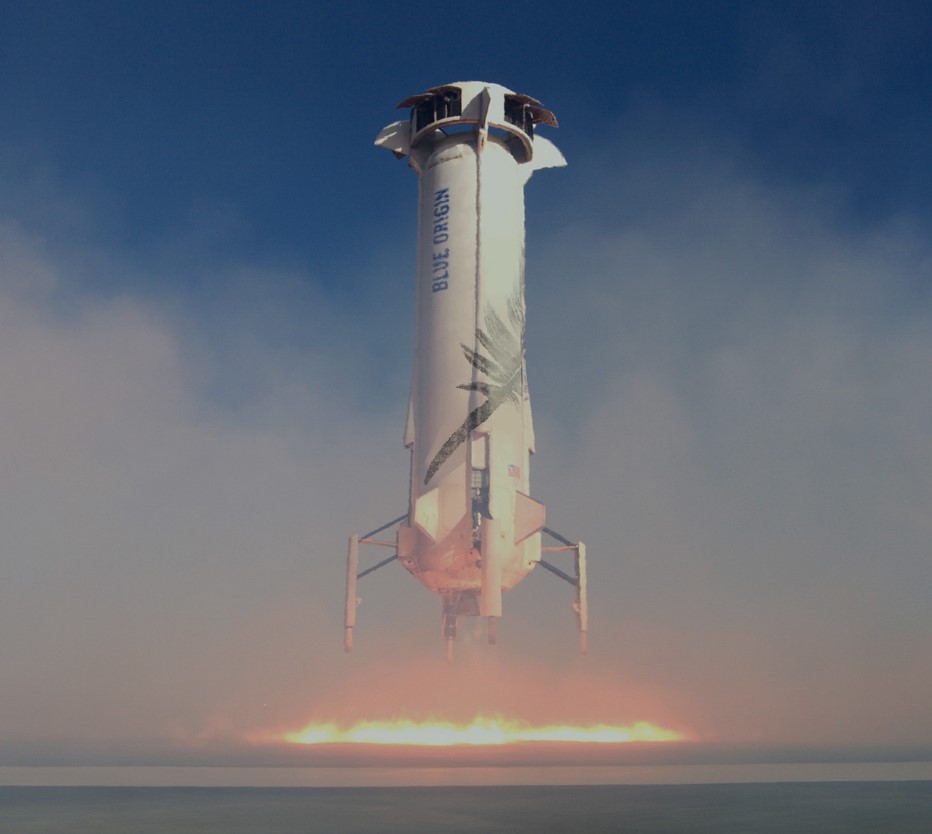Star Trek’s William Shatner Joins Ambitious Project Aiming to Extend Life Expectancy to 130
William Shatner, the oldest recorded space traveler, has joined a cutting-edge initiative called Biotech Explorers aiming to dramatically extend our lives.
Highlights
- William Shatner is now on the oversight committee of Biotech Explorers, a startup aiming to extend human life expectancy to 130 years.
- The ambitious initiative wants to protect astronauts’ bodies from the harsh conditions of space and extend healthy lifespans on Earth with transfusions of new mitochondria — the cell’s powerhouse.
- Including Shatner in the collaboration between scientists and entrepreneurs involved with the startup is meant to accelerate public and private sector support for longevity research.
In a development that combines celebrity influence with scientific ambition, the well-known actor, futurist, and astronaut William Shatner has joined the oversight committee of Biotech Explorers, a subsidiary of Mitrix Bio. While it remains unclear what exactly Mr. Shatner’s role on the oversight committee will entail, adding his name and celebrity status to this ambitious collaboration may help draw attention to the burgeoning aging research field. Attracting attention may also propel public and private sector funding and enthusiasm for longevity research.
Extending Healthy Lifespan with Mitochondrial Transplantation
As for the avant-garde goals of Biotech Explorers, this initiative aims to extend life expectancy to 130 years with their cutting-edge mitochondrial transplantation technology. This vanguard technique involves blood transfusions of mitochondria grown in bioreactors — devices supporting a biologically active environment for mitochondrial growth. The bioreactor-grown mitochondria are given a special coating that protects against immune reactions as well as receptors to target specific tissue types. Once infused into the blood, the mitochondria travel to targeted tissues and take up residence in cells.
The goal of mitochondrial transplantation is to increase the number of functional mitochondria within human cells and enhance cellular energy production to thereby increase healthy lifespan. To test whether this technique works, Biotech Explorers plans to run trials made up of individuals over age 60, including physicians, scientists, and entrepreneurs.
The study participants who undergo the mitochondrial transplant procedure may reap effects against physiological dysfunction. As such, the procedure is also meant to address a spectrum of diseases ranging from neurodegenerative decline to infectious diseases like COVID-19. Also under investigation is the potential for rapid injury recovery.
With the potential to treat age-related diseases, promote healing, and rejuvenate the body, mitochondrial transplantation could revolutionize surgery and emergency medicine. Moreover, when applied to astronauts, it could make the impacts on the body from space travel less dangerous.
Harnessing William Shatner’s Celebrity Status to Promote Longevity Research
William Shatner’s collaboration with this project is particularly impactful. The 93-year-old became the oldest person to travel to space in 2021 at age 90 aboard the Blue Origin flight. With his star-studded background, appointing Mr. Shatner to the oversight committee may help utilize his celebrity status to appeal to a broader audience beyond the scientific community.
“I have always been a futurist,” said William Shatner to Longevity.Technology. “The cutting edge of science is where the excitement lies, and this project is certainly at the edge.”
“When we announced this project for astronauts, we realized Mr. Shatner, who went into space with Blue Origin at age 90 years old as the oldest astronaut, was a perfect fit,” said Tom Benson, CEO of Mitrix. “We’re thrilled to have him involved.”
Along with William Shatner, the project overseeing the Biotech Explorers initiative includes Dr. Michael Snyder, the head of the Genetics Department at Stanford University, and Dr. Thomas Rando, the director of the Broad Research Center at UCLA.
Human Trials Must Prove the Efficacy of Mitochondrial Transplantation
The project’s ambitious objectives of extending human lifespan, initiating rapid wound healing, enhancing resistance to infection, and mitigating adverse effects from space travel need testing in human trials. Hence, whether this collaboration made up of scientists, entrepreneurs, and William Shatner will meet these goals remains to be seen. Nonetheless, this initiative that harnesses Shatner’s attention-grabbing celebrity status may captivate public and private sector attention to propel longevity research. This may aid longevity researchers to boldly go where no one has gone before.


